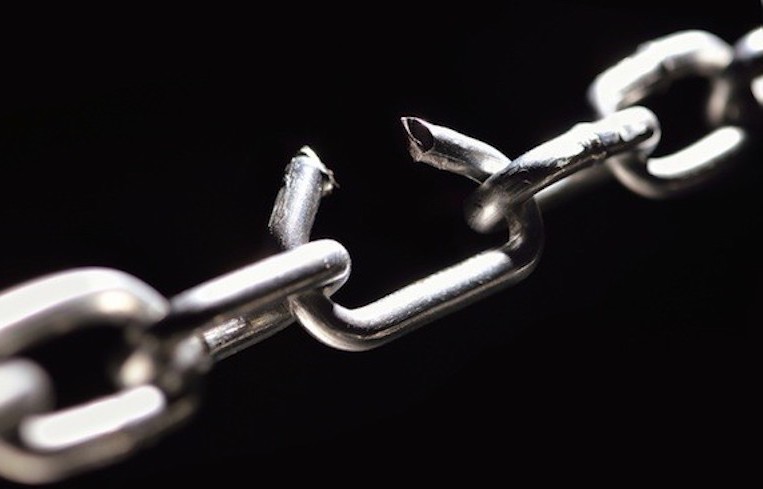Allah says in the Qur’an:
“O people, an example is presented, so listen to it. Indeed, those you invoke besides Allah will never create [as much as] a fly, even if they gathered together for that purpose. And if the fly should steal away from them a [tiny] thing, they could not recover it from him. Weak are the pursuer and pursued.” [22:73]
This ayah paints a real picture of what everything in this world is worth. As humans we deem ourselves as intelligent creatures, capable of building skyscrapers and machinery. Yet nothing even comes close to the complexity of what seemingly is a simple fly, which if humanity were to gather all the intelligence and funding in the world would still not be able to create anything like it.
Allah begins by mentioning that an example has been set. We see all around us the creations of Allah and the miracle of the Qur’an and yet people still deny. He tells these people to listen.
What’s interesting here is that He didn’t say “I have made an example”, He says “an example has been made” – there is a difference. Think about it from this perspective: when people do not value someone or respect them, they wouldn’t listen to anything that has to be said whether or not it may be valid.
This ayah is addressing everyone but this wording is specifically for those who if they hear the word “Allah” immediately put a barrier upon their hearts; so Allah says an example has been made, meaning concentrate on what is being said not on who’s saying it.
The picture being portraying here is the fact that we are not only incapable of creating a fly but if it were to steal a little of our food (as in land on it and take a portion before being waved away) it will be impossible to retrieve it. Now imagine someone of the highest status – take the Pharaoh from history as an example – all the money and power in the world, yet if a fly steals his food he can’t get it back.
Science has recently discovered that a fly does not eat as many other creations do; they would dissolve their food before ingesting it. So even if we try to be smart and say modern technology may be able to extract the food, it’s literally impossible – this is our status as compared to Allah, humbling.
Then Allah ends with something powerful, “weak are the pursuer and the pursued”. For the word weak Allah uses “da’ofa” which is derived from the word “da’eef” – interestingly here this specific connotation translates more accurately to “originally weak”, as in weakness is the natural state.
So the pursuer (“talib”) and that which is being pursued (“matloob”) are both weak in themselves.
To put things in perspective, think about psychological disorders – most of them are caused by a deprivation of something that the person really wanted or was obsessed with over everything else in life and as a result they just simply cannot get over it – whether it was a person or a materialistic item.
The message here is that what we pursue makes us even weaker than our natural state. The more wanting we are of stuff, the weaker we become as a person. The more we overly attach ourselves to other people, the less strength we have as individuals, the more easily we break down if something or someone were to be taken away because everything will inevitably fade.
So how do we become stronger people?
Allah adds:
“They have not appreciated Allah with true appreciation. Indeed, Allah is Powerful and Exalted in Might.” [22:74]
Appreciating Allah is what makes us strong. Putting Allah above all that which we desire – attaching our hearts to Him, to His book, to His teachings. This is where true strength is harnessed, with the one being that is infinite, that will never disappear.
May Allah make us of those who put Him above everything else in our lives.
Allah knows best.
